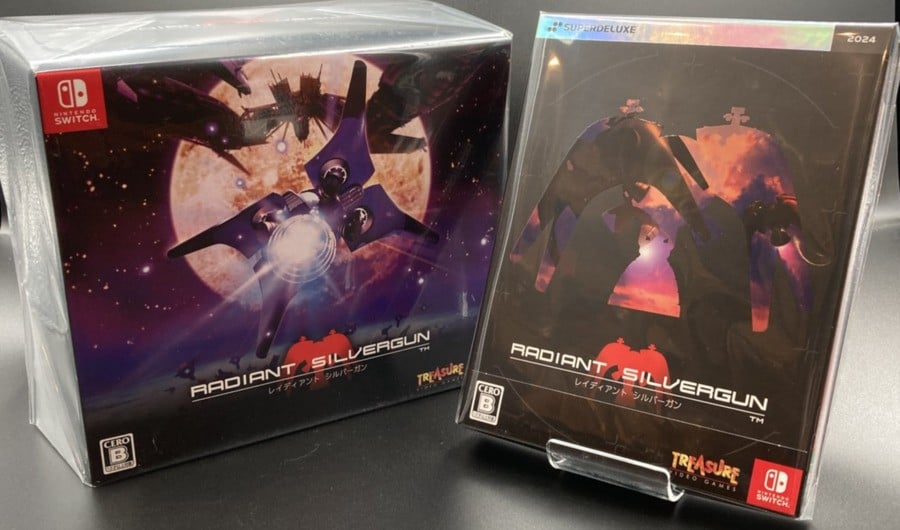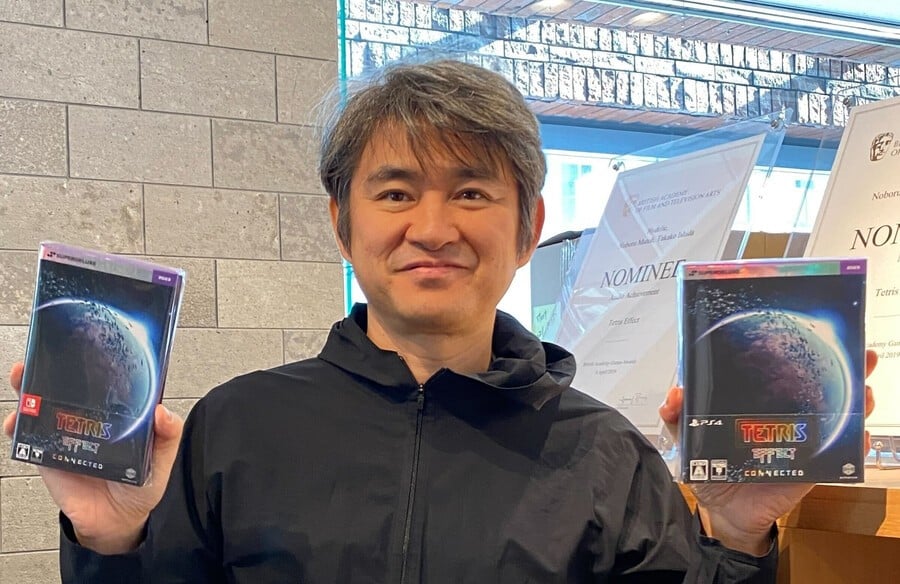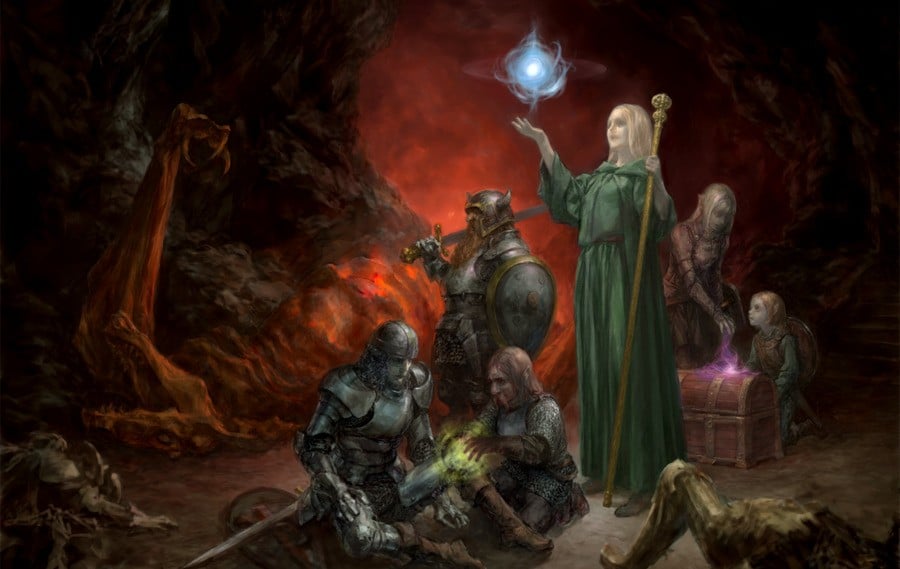
Formed in 2022 as a joint venture between North American publisher Limited Run Games and Japanese localisation company 8-4, Ltd, Superdeluxe Games is a name that will likely be more familiar with gamers in the Land of the Rising Sun than in the West.
Since its genesis a short time ago, Superdeluxe has released a series of special physical editions for the Japanese market, covering games such as Tetris Effect Connected, Radiant Silvergun, Contra Operation Galuga, Trip World DX, Cuphead and Sol Cresta.
It would be easy to say that the firm is simply "Limited Run for Japan", but there's a lot more to Superdeluxe than that. To find out more, we sat down with 8-4 boss and Superdeluxe Creative Director John Ricciardi to discuss the publisher's aims, its approach to a global market and more.
Time Extension: Could you give us a little background on Superdeluxe Games, including the key people involved and where the company is headquartered?
John Ricciardi: Superdeluxe Games is a physical games publisher based in Tokyo that was founded by members of 8-4 in Japan and Limited Run Games in the US. We're primarily focused on the Japanese market though we also sell to some countries in other parts of Asia as well.
How did Superdeluxe Games come to be?
Back in...2017, I think it was? Limited Run brought up the idea of potentially teaming up with 8-4 in Japan—we liked the idea, but at the time we couldn't really devote resources to figuring it out. A few years later we talked again when we both had a bit more bandwidth to spare.

8-4 had been wanting to do more physical releases in Japan, and Limited Run was interested in getting some of their games out over here, so we decided to team up and work together to accomplish both goals, combining Limited Run's extensive experience in making physical goods with 8-4's knowledge of and connections within Japan and the Japanese market.
Given that there's some overlap between Superdeluxe and Limited Run, how do you ensure that Superdeluxe offers something different to fans of physical media?
We both concentrate on different markets, so I wouldn't say that's too big of a concern for either of us.
Limited Run is focused primarily on North America and Europe, whereas SDX sells mainly to Japan and Asia. We often share assets and occasionally ship the same or similar items in special editions and such when it makes sense, but since our markets are so different, the end products often wind up feeling completely unique.

There's a perception that Superdeluxe is 100% focused on the Japanese market - do you think that's fair?
That is fair because it's true! Well, almost. As I mentioned before, we also ship our games to some other countries in Asia, but by and large, most of our releases are targeted at Japan.
Of course, with modern games being region-free and often including all languages on the disc or card, most of our stuff is fully playable worldwide, so we do end up receiving orders from overseas customers. But the main market for SDX is Japan.
Talk us through the process of creating a Superdeluxe version of a game – how closely do you work with the developer when it comes to creating these physical editions?
It varies from title to title. Some developers love to get really hands-on with the creative process, which is great—we love being able to work directly with the teams who made these games to deliver something that they can be proud of. But other times the devs are busy with other projects or just don't have time in general to get too involved, and that's OK too. We live and breathe games here and are more than happy to jump in and take the lead on a release when that makes the most sense.
The Japanese market is, comparatively speaking, fairly small, so we have to be selective about what we want to do vs. what we can realistically afford to do given the potential audience, but whenever possible, we try to come up with cool/new/bespoke visuals and items that haven't been seen before for the Japanese releases.
Our upcoming Wizardry release, for example, has exclusive artwork from Jun Suemi, who did the monster designs in the original Famicom release of Wizardry back in the '80s (as well as several other Wizardry titles thereafter). Our Cuphead release has pages of notes and artwork from the lost "Pachinko" stage that never made it to the final game, as well as a physical DLC soundtrack with a cover design by legendary Final Fantasy artist Yoshitaka Amano.
It's very exciting when we can work with the developers to make stuff like this happen for our releases!

Are there any plans to expand your offering of games beyond what is available in Limited Run's catalogue – for example, publishing Japan-only titles which haven't come to the West?
If the right game were to come along, absolutely. I don't believe we've done any Japan-only titles yet, but we're happy to release titles that weren't LRG releases overseas if it makes sense. Cuphead, Untitled Goose Game and COCOON were all released by different publishers outside of Japan, for example.
LRG is the largest physical publisher in the world, but of course they can't publish everything, and they're happy to support titles that can come to Japan via SDX despite having been released elsewhere in the West.
Given that we're shifting inexorably towards a digital future, why do you think physical games are still in such high demand?
Being able to buy games digitally is a wonderful convenience but it still feels great to be able to hold a nice physical edition of a game in your hands. The look, the feel, heck, even the smell—if you're a fan of something, it's nice to be able to manifest that love in the form of something physical that you can keep with you forever.
And with digital stores eventually shutting down, publishing rights changing, music rights expiring and so on, sometimes the only way to truly preserve a game in its original state is to own it in physical form.
Do you have a message you'd like to share with our readers?
Even though we're focused on Japan, we love to hear from fans who import our games overseas, and we welcome any and all feedback on our releases! Some of us here grew up importing games from Japan ourselves, and we aspire to keep that spirit alive for as long as there's demand.
We'd like to thank John for giving up his valuable time to speak with us, and Jake Smith for making this interview possible. We'd also like to thank Superdeluxe Games' PR guru, Mami, for bringing this all together.
